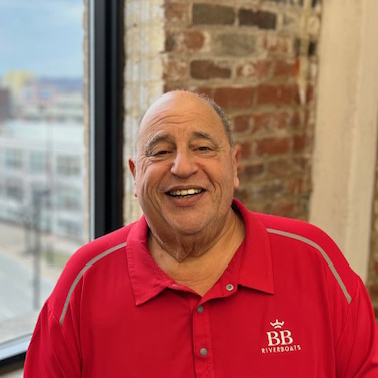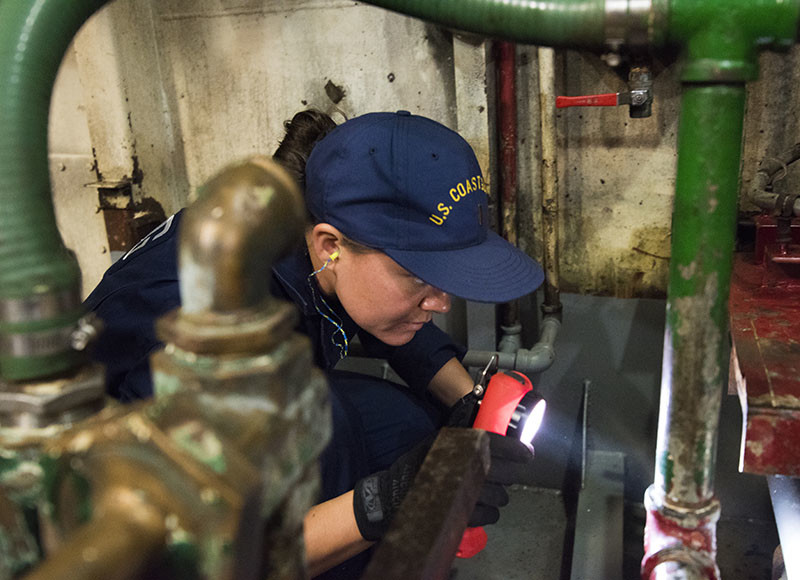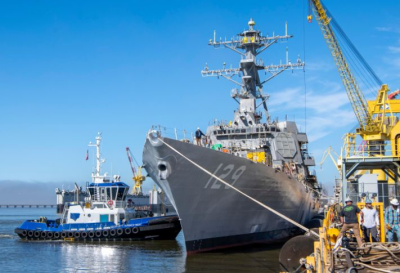I spoke with a friend recently who also operates Coast Guard-inspected passenger vessels. We both have years of experience with Coast Guard inspections and inspectors. We discussed how the Coast Guard has changed dramatically from when we first started in the maritime industry.
For example, years ago Coast Guard inspectors possessed excellent institutional knowledge. They thoroughly understood the regulations — Subchapters T, K and H — and could recite them backwards and forwards. They treated operators with respect and truly “honored the mariner.” Not only did these inspectors conduct their inspections in a professional manner, but they also did so with an open mind. If there was a problem or a difference of opinion, they were willing to hear our thoughts on the matter.
Often, today’s Coast Guard inspectors seem to lack the institutional knowledge that their predecessors possessed years ago. While they approach their jobs with professional intent, their grasp of the regulations does not appear to be as sound as in the past. The unfortunate result of this is the potential to cause unneeded disruption of business for operators while inspector actions are being appealed. It seems as if some Coast Guard inspectors have developed a law enforcement mentality when dealing with operators. Are they beginning to see us as adversaries as opposed to customers?
Possessing people skills is especially important in both business and government. The survival of my business hinges on people skills — hospitality and customer satisfaction is what we do. We train to this standard and while we are not always successful, these skills remain core values. We all benefit from having an open mind and treating others with respect. Coast Guard inspectors of my generation did just that. In addition, inspectors recognized that the Code of Federal Regulations (CFR) should not always be viewed in black and white. The CFR had shades of grey which gave operators and inspectors the flexibility to agree on a reasonable solution. I worry that the ability of Coast Guard inspectors to cooperate on regulatory interpretation has become more difficult.
The Coast Guard Marine Inspection and Investigation School in Yorktown, Va., once benefitted from input from passenger vessel operators. These experienced mariners volunteered their time to attend a class and make a presentation about the passenger vessel industry. This was an excellent practice as it provided future inspectors with first-hand knowledge of the challenges of operating passenger vessels. Unfortunately, these face-to-face meetings are now held virtually and industry does not participate.
I encourage the Coast Guard to find a way to again invite members of industry to contribute to these important inspector training classes. While we may not be able to return to the past, we can certainly try to ensure a better future for Coast Guard marine inspection.





